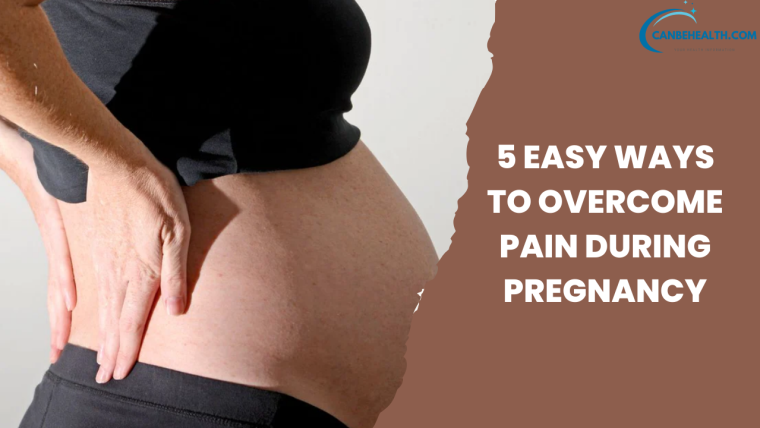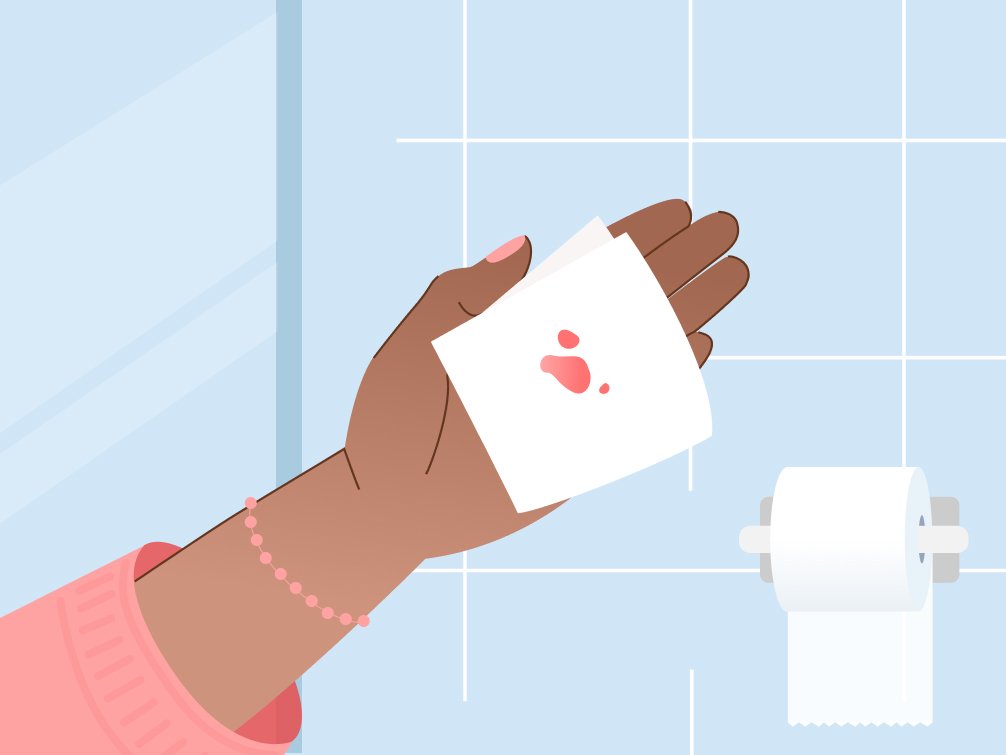Can You Eat Crab While Pregnant: When pregnant, many mothers-to-be are confused about what they can and cannot eat. One type of food that is often debated is crab. Although crab contains many nutrients, is it safe for pregnant women to consume? This article will discuss crabs and their safety for pregnant women.

Nutrition in Crab
Before discussing the safety of crabs for pregnant women, we must understand the nutrition contained in crabs. Crab is a type of seafood that contains lots of nutrients. Several types of nutrients contained in crabs include:
1. Proteins
100 grams of crab meat containing about 23 grams of protein. During pregnancy, pregnant women need around 70-75 grams of protein every day. Therefore, consuming crabs can be a good choice to meet the protein needs of pregnant women.
In the fetus, protein plays a role in forming the organs and tissues of the fetus. Meanwhile, in pregnant women, protein is useful in preparing the body for giving birth to a baby, strengthening the immune system, and producing breast milk.
When protein intake is not met, it can be difficult for the mother and baby to gain weight. The muscles feel weak and are susceptible to infection due to weak immune systems.
2. Omega-3
Crab is also enriched with omega-3. These nutrients play a role in regulating blood pressure, blood clotting, strengthening the mother’s immune system, and helping the formation and development of the fetal brain.
Pregnant women need about 1-1.5 grams of omega-3 every day. A crab contained about 0.3-0.4 grams of omega-3. That is why eating crabs can be a good choice to meet your omega-3 needs.
However, pregnant women also need to get enough omega-3 from other foods or supplements because getting full omega-3 from crabs risks increasing blood cholesterol levels.
3. Vitamin A
Pregnant women need about 800 micrograms of vitamin A every day. Intake of vitamin A for pregnant women can be met by eating crabs because one crab contains about 50 micrograms of vitamin A.
In pregnant women, vitamin A helps repair damaged organ tissue. As for the fetus, vitamin A functions similarly to protein, which helps the development of its organs, including the heart, lungs, kidneys, eyes, skin, and brain.
A deficiency of vitamin A during pregnancy can make the baby’s eyesight after birth worse and his immune system weak.
4. Vitamin B
Crab also contains lots of B vitamins and folate. The benefits of the nutrients contained in crab meat are to prevent birth defects, reduce the risk of preeclampsia, and form more red blood cells needed by pregnant women.
In addition to some of the nutrients above, crab meat contains lots of calcium, zinc, iron, vitamin D, and selenium. Each of these nutrients also has an important role in maintaining the health of pregnant women and the fetus in the womb.
Crab Risks for Pregnant Women
Even though crabs are rich in nutrients, there are some risks that pregnant women who want to eat them must be aware of. First, the crab can cause food poisoning if not cooked properly. Food poisoning can cause nausea, vomiting, diarrhoea, and fever. This risk can be minimized by ensuring the crab is properly cooked before consumption.
Second, crab contains high levels of mercury, which can harm the fetus in the womb. Mercury is a heavy metal that can cause brain and nerve damage. Crabs consumed in excess can increase the risk of mercury poisoning. However, if crabs are consumed in moderation, the risk of mercury poisoning can be minimized.
Third, crabs can also cause allergies. Some people have an allergy to seafood, including crab. If pregnant women have a history of allergies to seafood, they should avoid consuming crabs.
How Much Crab Is Safe to Eat?
Based on recommendations from the FDA, pregnant women should consume no more than 6 ounces of crab or about 170 grams a week. This is because crab contains mercury and can cause damage to the fetus in the womb. It is better to avoid consuming raw or undercooked crab because it can cause food poisoning.
Food Alternatives for Pregnant Women
If pregnant women want to get the same nutrition as crabs but don’t want to take the risk, several seafood alternatives are safe to eat. Some seafood that is safe for consumption by pregnant women includes salmon, sardines, shrimp, and squid. It is a good source of protein and omega-3 for pregnant women.
So, is it safe to eat crabs while pregnant?
Seafood, including crab, is a source of nutrients the body needs during pregnancy. Rarely consuming seafood can cause a pregnant woman’s body to lack nutrients, triggering various pregnancy complications, such as anaemia, hypertension, susceptibility to infection, and the risk of having a baby with birth defects.
So, during pregnancy, pregnant women can still eat crabs. It’s just that the way of presentation must really pay attention. The crab needs to be cooked until completely cooked. Otherwise, harmful germs may still remain in the crab and can cause disease when they enter the body.
Here are some tips that pregnant women need to pay attention to in processing and consuming crabs:
- Ensure the utensils used for cooking, such as knives, trays, and frying pans, have been washed clean.
- If you don’t want to cook all of it, store the still-raw crabs in the fridge with a maximum temperature of 4 degrees Celsius. If you want to keep it longer, put the crabs in the freezer.
- Make sure the crabs have been cooked until they are golden brown.
- Make sure always to wash your hands before and after eating.
- Avoid eating cooked crabs left out for over 2 hours at room temperature.
Conclusion
Crab is a good source of nutrition, but it can come with risks if not cooked properly or consumed in excess. Pregnant women should limit crab consumption and eat safe seafood such as salmon, sardines, shrimp, and squid. Be sure to cook seafood properly and avoid consuming raw or undercooked seafood. If you have a history of allergies to seafood, you should avoid consuming crabs and consult your doctor.
Please wait a moment, to continue to the next article: 90 seconds








Can I Eat Teriyaki Sauce When Pregnant?
Can You Eat Crab While Pregnant?
Can Pregnant Women Eat Shrimp? Danger or not?
Implantation Bleeding vs. Period: How to Tell the Difference
Chronic Energy Deficiency (CED) in Pregnant Women
Are taking hot baths During Pregnancy safe or harmful?
5 Easy Ways to Overcome Pain During Pregnancy
Implantation Bleeding vs. Period: How to Tell the Difference